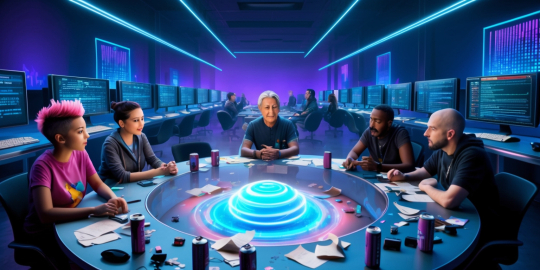
The emergence of new technology in the gaming industry often sparks intense discussions. This year at CES 2025, Razer introduced an intriguing innovation: Project Ava. Designed to act as a personal gaming assistant, this AI bot provides real-time support as you engage in your favorite games. Envision it as having a training partner beside you, except this time, it’s not a human coach but an AI system leveraging a blend of community knowledge and expertise from skilled players. Ava offers guidance on a range of topics, from item selection to gameplay tactics. While this may seem ideal, it also raises a critical query—at what point should one establish a boundary between beneficial support and unfair advantages?
Project Ava functions by evaluating your gameplay, delivering tailored suggestions, and even providing post-game reviews. Additionally, it aids with single-click optimization of your game settings, which could feel like a game-changer for anyone who has faced difficulties fine-tuning controls in the midst of action. However, there is a concern that having an AI consistently offering feedback might diminish the essence of gaming itself. Is it truly equitable to have an AI directing your every move in a high-stakes environment?
The ongoing conversation focuses on whether this form of assistance steps over the threshold into unfair territory. Players frequently consult guides for titles like League of Legends—so why should it be any different if a bot is providing explicit instructions? While Ava undoubtedly has the potential to enhance your solo gaming experience, one must consider the implications of its use in competitive online matches.
What are your thoughts—would you embrace Ava as your ultimate gaming partner, or would it leave you feeling as if you are undermining the integrity of the game?








